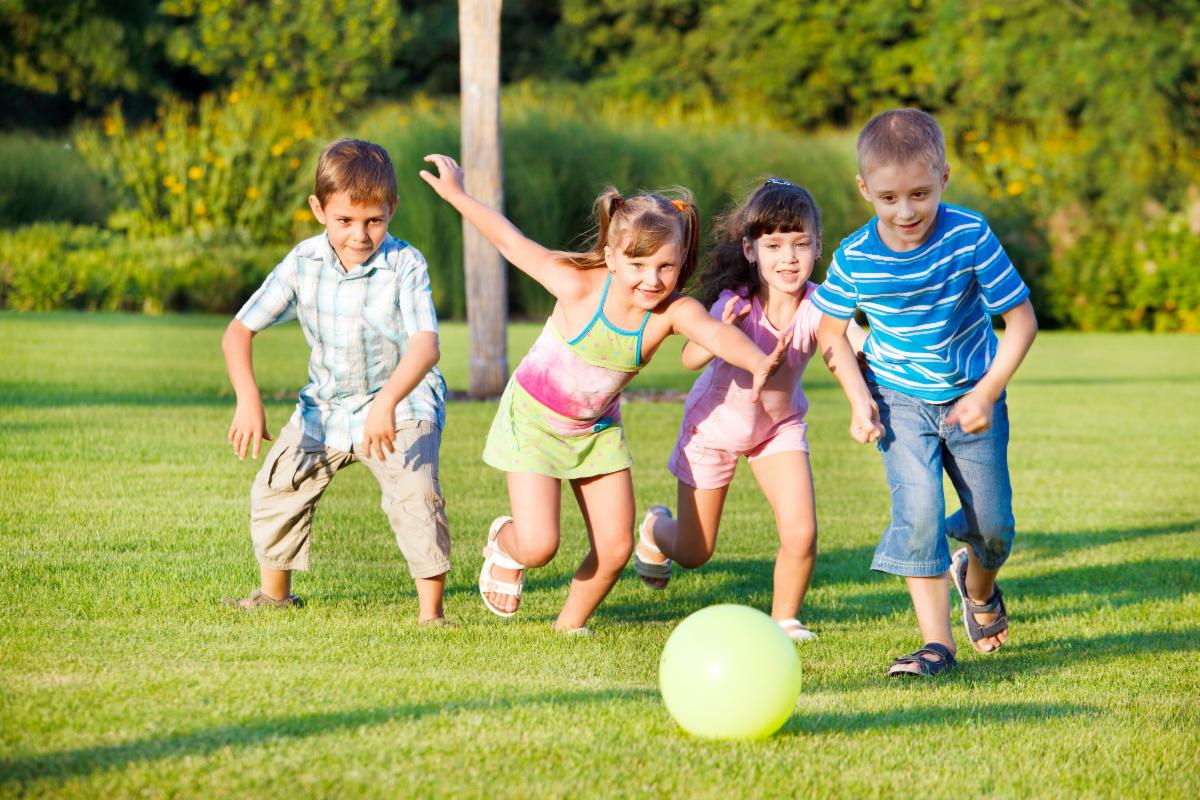
How Youth Sports Can Boost Grades and Improve Personal Skills
Being active is an essential part of overall physical health, but it can also have a tremendous impact on academic performance and social skills. According to a University of Kansas study, researchers compared the academic performances of high school athletes to non-athletes and found that the athletes had better overall grades, scored better on assessment tests, and graduated at a higher rate.
Canadian researchers found similar statistics when studying younger students in grades 2 – 6. In that study, children who received five extra hours of physical activity per week also did better academically than the children who did not receive the extra physical activity.
And in Britain, a study published in the British Journal of Sports Medicine found that academic performance was better for every 17 minutes of extra physical activity for boys and 12 minutes for girls.
“Physical activity is more than just important for your physical health,” Dr. Josie Booth, one of the study’s authors, told the BBC. “There are other benefits and that is something that should be especially important to parents, policy-makers and people involved in education.”
However, being more active doesn’t guarantee a sharper mind. The CDC analyzed 50 studies on the correlation between physical activity and academic performance and found the results to be mixed, with 50.5 percent finding strong correlations, 48 percent finding no correlation, and 1.5 percent having a negative correlation.
Out of all the studies available, there does appear to be at least one common thread: being active won’t hurt academic performance and will likely help. At the very least, your child will be healthier. But there are also other ways a more active lifestyle can help your child’s overall wellbeing, which will increase their chances at academic and social success.
Better Time Management
Organized sports are a fantastic way for children to understand time management skills. Between scheduled practices and games, children learn that they have to follow through with commitments and make sacrifices. The website for U.S. Youth Soccer has some great suggestions for how to teach children planning and scheduling techniques by involving them in the process so they know what it’s like to have control over their time.
Communication Skills
As Edutopia points out, playing sports gives children experience in a very specific kind of communication. Team sports usually requires a great deal of in-the-moment communication about planning, execution, and encouragement. At high levels of athletics, communication between players is a key to success. Giving your child experience in this type of communication can improve their overall communication and cooperation skills.
Improved Cognition and Motor Skills
We all know that the more one practices a skill, the better they get at it. But playing soccer every day means more than getting better at kicking a ball accurately. There may also be an array of beneficial side effects that can improve physical and mental attributes. According to a recent study from the Institute of Exercise Training and Sport Informatics in Germany. Researchers found that children who played soccer regularly also did better at attention and cognitive tests than children who did not. Although the researchers caution that more research needs to be done (theirs was one of the first to look at direct correlations between cognitive skills and athletic performance in children), their results help make the case that building athletic skills can also build mental skills.
3 Ways You Can Encourage an Athletic Lifestyle
- Play Together: One of the best ways to encourage children to get involved in sports is to lead by example. If there’s a sport you like, share it with them by doing it together.
- Have Fun with Fundamentals: You don’t need a whole basketball court or hockey rink to play. Learning how to dribble a ball or handle a puck is not only fun, but are fundamental to playing the actual game and, eventually, improving one’s own physical skills.
- Be Safe but Not Scared: Every sport has its own safety risks and it’s imperative to do everything possible to avoid pain or injury. However, accidents do happen and learning how to overcome mishaps can be a great learning experience. Teach your child to take the appropriate safety measures, but also to not be afraid to make a mistake.
